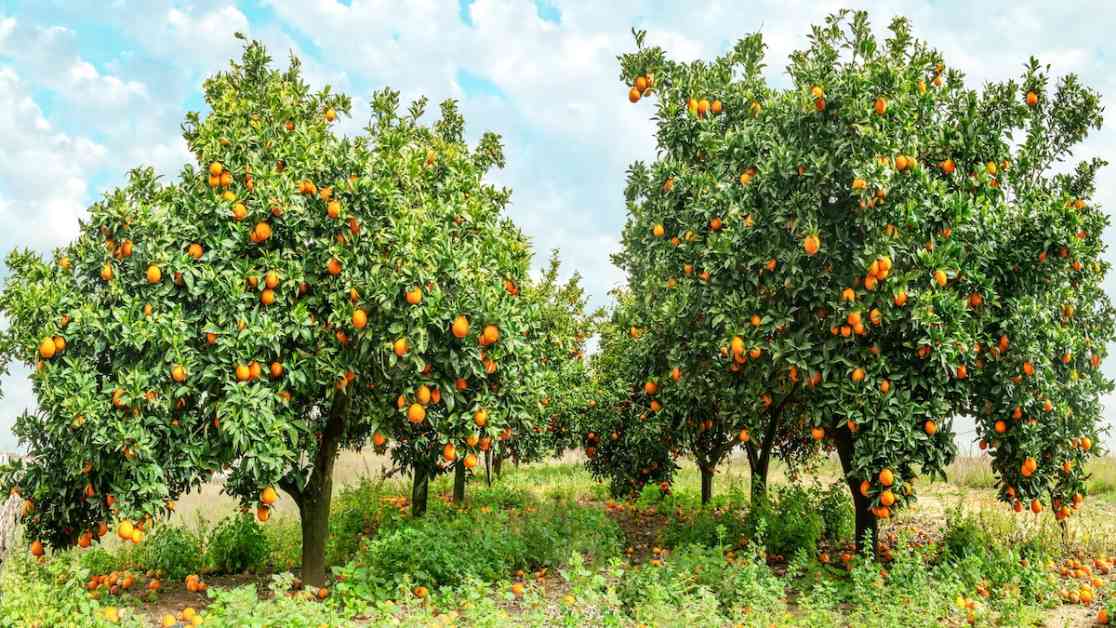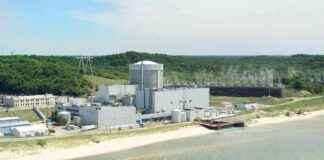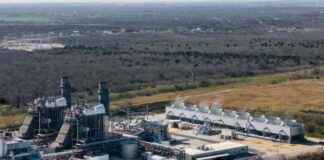Predicting Future Top Crops in the UK Due to Climate Change
In a groundbreaking study conducted by the UK Centre for Ecology & Hydrology (UKCEH) and the University of East Anglia (UEA), researchers have shed light on the potential impact of climate change on UK agriculture. The study, led by spatial ecologist John Redhead, delves into the implications of a changing climate on the country’s crops, offering critical insights into what the future may hold for agriculture in the UK by the year 2080.
As our climate continues to evolve, the study predicts a significant shift in the suitability of various crops for cultivation in the UK. According to the findings, crops like soy, chickpeas, grapes, oranges, and okra could become more viable options for farmers, while traditional crops such as oats, wheat, onions, and strawberries may face challenges in adapting to the changing conditions. With population growth driving an increased demand for food, the need for resilient farming practices has never been more pressing.
Implications of Climate Change on UK Crops
The study evaluated 160 different crops to assess their suitability under two different climate scenarios: a 2-degree Celsius warming and a 4-degree Celsius warming compared to pre-industrial levels. The results paint a vivid picture of how climate change could reshape the agricultural landscape in the UK. While some crops like maize and broad beans may thrive under the new conditions, others, including strawberries, onions, wheat, oats, and apples, could see declining suitability for growth.
Introducing new crops and diversifying agricultural practices could have far-reaching benefits beyond crop yield. By enhancing soil health, improving pest and disease control, and reducing meat consumption through the cultivation of protein-rich crops like soybeans and chickpeas, farmers may be able to mitigate some of the challenges posed by climate change. However, the transition to new crops comes with its own set of risks, including the potential introduction of new pests, diseases, and economic costs.
Current Challenges and Future Outlook
Already, the agriculture industry in the UK is feeling the impacts of climate change, with extreme weather events disrupting crop yields and supply chains. From record-breaking rainfall to snowstorms in key sourcing regions, the repercussions of climate change are being felt on supermarket shelves and in farmers’ fields across the country. With the second-worst harvest season on record in fall 2024, the urgency of building resilience in the face of these challenges cannot be overstated.
Looking ahead, the study’s co-author, Rachel Warren, emphasizes the importance of long-term planning and collaboration across sectors to address the impacts of climate change on agriculture. By providing valuable insights to farmers, policymakers, and the public, the study aims to inform decision-making and drive sustainable practices in the agriculture industry.
As the future of farming in the UK hangs in the balance, the need for proactive measures to adapt to a changing climate has never been more urgent. By staying ahead of the curve and embracing innovative solutions, the agriculture industry can pave the way for a more sustainable and resilient future for generations to come. The challenges are great, but so too are the opportunities for growth and adaptation in the face of a rapidly changing world.














